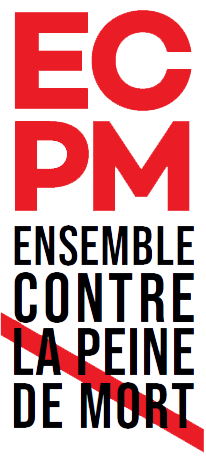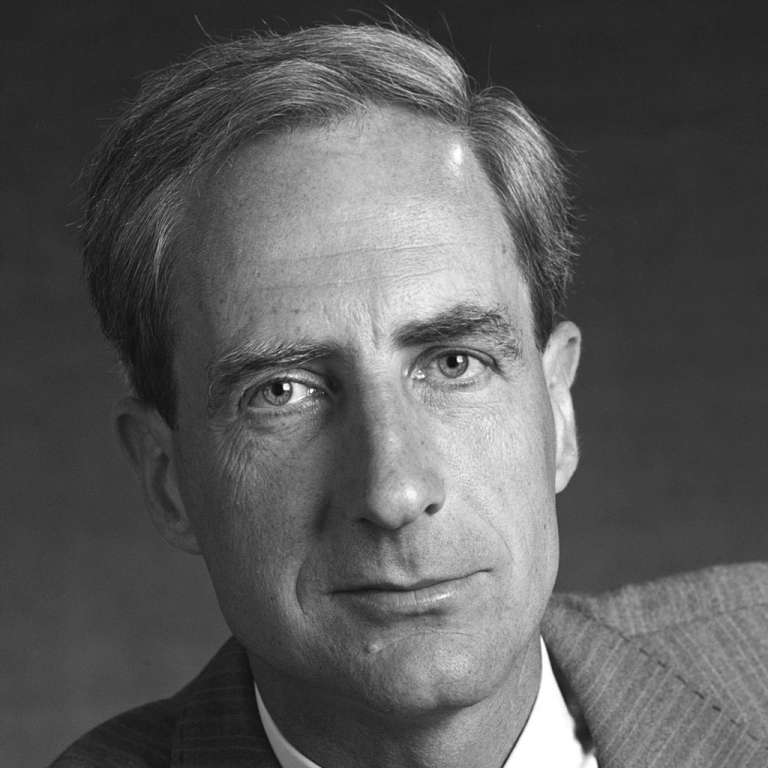Students are able to get their essays written by expert writers through an essay service. They know how challenging it can be to balance school and work, which is why they provide their assistance at an affordable price.As you write your online essay writing service, you may find that you have to go back and revise parts of them, especially if you have to change the order of the body paragraphs or introduce new evidence or arguments.An excellent essay writing service is one that can provide original papers that will be able to pass plagiarism tests without a hitch. They should also offer the guarantee of a refund and provide customer help to resolve any issues.
29
JÜRGEN SCHMUDE
ALLEMAGNE
© Bundesregierung / The Federal Government
1936 –
ANCIEN MINISTRE FÉDÉRAL DE LA JUSTICE DE LA RFA, CO-INITATEUR DU PROTCOLE ADDITIONNEL À LA CEDH CONCERNANT L’ABOLITION DE LA PEINE DE MORT
RESSOURCES :
« La liberté et les droits de l’homme ne sont pas des concepts figés. Il ne suffit pas de sauvegarder les droits acquis. Le Conseil de l’Europe doit être l’élément dynamique de lutte pour la démocratie dans toutes nos sociétés européennes. »
Protocole n°6 additionnel à la Convention
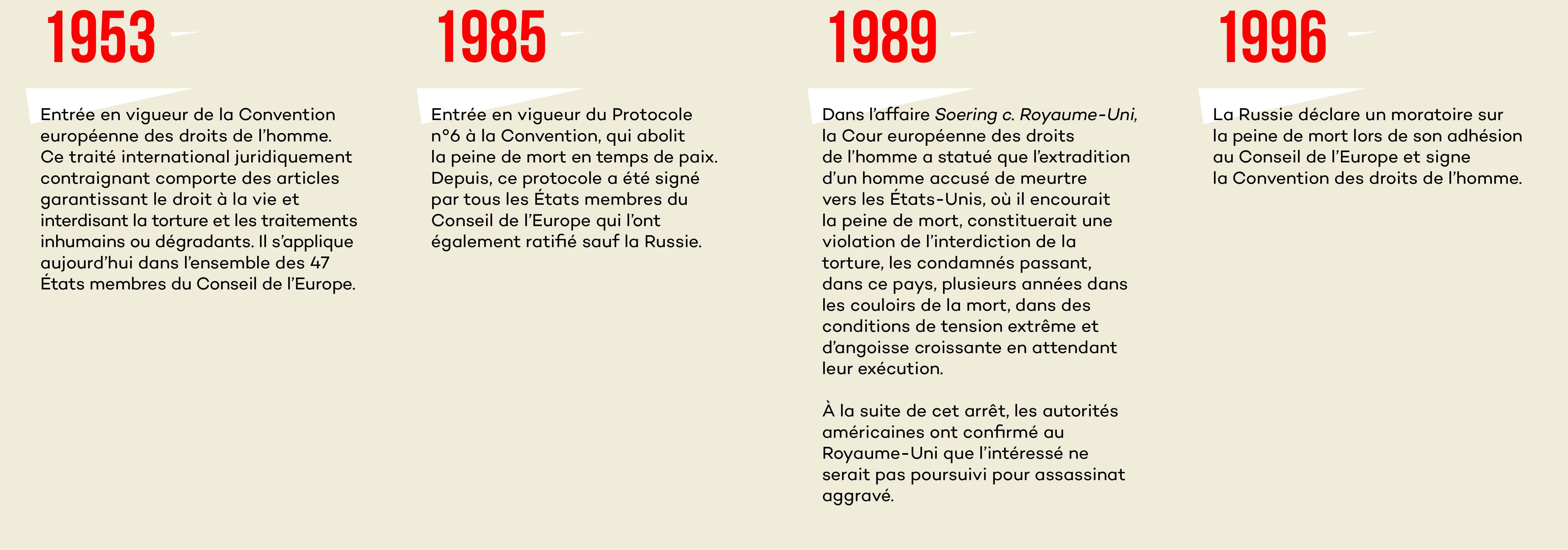
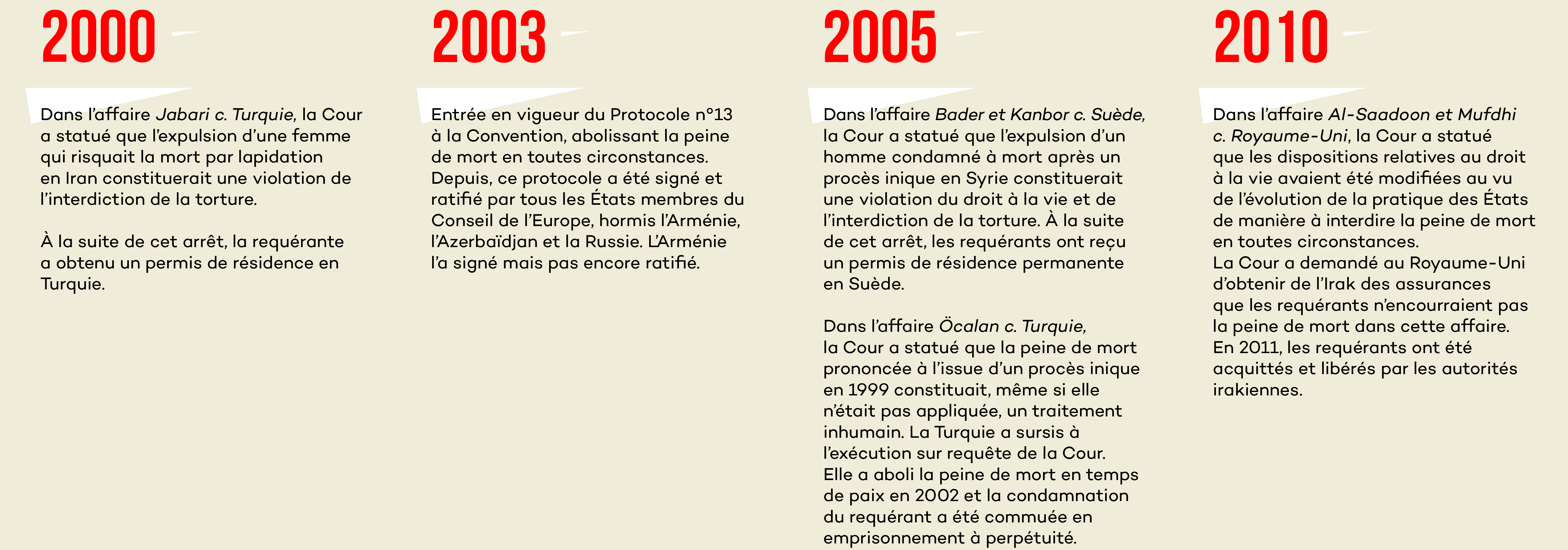
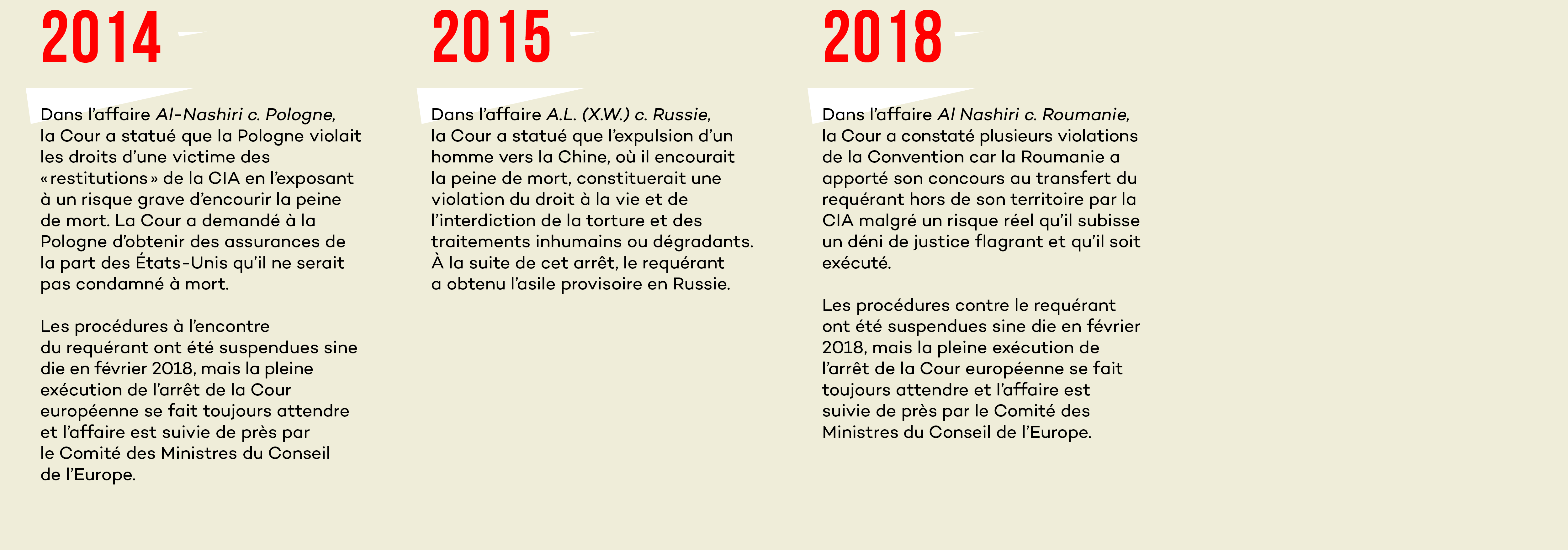
Précédent
Suivant
Jürgen Schmude est un avocat et homme politique allemand. Social-démocrate (SPD), Ministre fédéral de la Justice de la RFA du 22 janvier 1981 au 1er octobre 1982, il est l’un des principaux initiateurs du Protocole n° 6. Il fait partie d’un véritable trio d’activistes en compagnie de ses collègues : l’Autrichien Christian Broda et le Français Robert Badinter. De 1983 à 1985, il a été vice-président du groupe parlementaire SPD. En mai 1985, il est élu Président du synode de l’EKD, fonction qu’il exerce jusqu’en 2003.
Le Synode évangélique allemand (Präses der Synode und Ratsmitglied der EKD – Evangelische Kirche in Deutschland) est l’organe où les questions concernant l’EKD sont débattues. Il prend des décisions sur les lois de l’Église, auxquelles s’ajoutent les discussions des propositions venant de la part du Conseil et de la Conférence des églises, ainsi que le traitement de pétitions. Dans ce but, le Synode se réunit une fois par an, pour plusieurs journées. Les 100 délégués des églises régionales et les 20 membres nommés pour 6 ans par le Conseil, constituent le Synode. Les réunions sont publiques et dans ce cadre, la question de la peine de mort et de son abolition sont discutées. Le réseau des églises et du sujet abolitionniste est un champ d’ampleur.
Au cours de la onzième rencontre de la Conférence des Ministres européens de la Justice, rencontre tenue à Copenhague les 21 et 22 juin 1978, est présentée une note émanant de la délégation autrichienne. Christian Broda lance cette offensive en présentant un texte s’appuyant sur les travaux de l’association « Amnesty international ».
« Christian Broda est le véritable père du projet. Il cherchait, pour des raisons à la fois symboliques, politiques et juridiques, à faire adopter un protocole qui évidemment obligerait les États européens, parce qu’il était conscient que ça ne pouvait être qu’une démarche européenne. Il a joué un rôle très actif au sein du Conseil de l’Europe, en matière de droits de l’homme. C’est lui qui a tissé la trame du protocole dans les années soixante-dix. Ce n’était pas un philosophe, c’était un politique, un juriste, ce n’était pas un théoricien, mais un homme politique et un militant. Il voulait cette convention pour précisément rendre irréversible et commune l’abolition de la peine de mort dans le cadre du Conseil de l’Europe1. »
Et c’est aux côtés de Broda que Jürgen Schmude se bat, afin que soit appliqué dans sa complétude, l’article 3 à la CEDH, article « qui interdit toute forme de peines ou de traitements dégradants2 ». En effet, l’article 2 de la convention laissait toujours peser la menace de la condamnation à la peine de mort et de l’exécution de la sentence à l’issue d’une procédure régulière. Il s’agissait là d’une exception, voire d’une anomalie, non seulement dans le contexte de l’article 2 et par rapport aux principes consacrés par l’article 3, mais aussi si l’on considérait la réalité de la pratique pénale dans les États membres du Conseil de l’Europe, où cette peine était devenue très rare.
L’œuvre indispensable de Jürgen Schmude fut de réclamer ce qui est devenu une nouvelle norme internationale – en tous les cas, communautaire, et qui rend l’Europe si particulière sur le sujet abolitionniste. Le Protocole n° 6 additionnel à la CEDH concernant l’abolition de la peine de mort est entré en vigueur le 1er mars 1985.
Jürgen Schmude siège au conseil d’éthique allemand depuis 2005.
Marie Bardiaux-Vaïente
[1] Entretien avec Robert Badinter, le 5 décembre 2011.
[2] Christian Broda, « Plaidoyer pour l’abolition de la peine de mort », op. cit., p. 11.
- livre
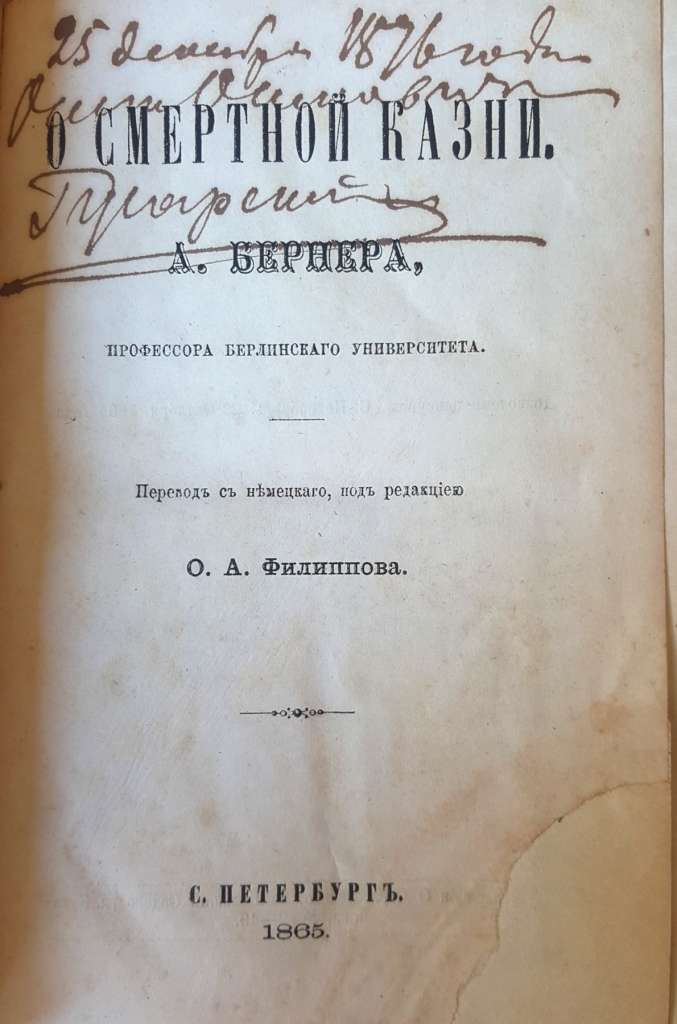
De la peine de mort
Auteur : Berner
Date de publication : 1865
Editeur : St Petersbourg
Avec la défense de l’abolition de la peine de mort, Berner reprend à son compte la théorie de la tête de Méduse de Feuerbach : celui qui avait tué ou bien devenait fou, ou bien se suicidait, ou bien regardait son crime comme Méduse et se pétrifiant moralement. L’ouvrage, et celui de Beccaria (Traité des délits et des peines), influencèrent Crime et châtiments de Dostoïevski.
- film

The last execution
Réalisé par : Franziska Stünkel
Genre : Drame
Date de sortie : 2021
Inspiré d’une histoire vraie, celle de Werner Teske, le dernier prisonnier exécuté dans l’ex-RDA, The Last Execution est un drame historique saisissant.
Berlin-Est, capitale de la RDA communiste, en 1981. Franz Walter, scientifique ambitieux, est recruté par la redoutable Stasi, les services secrets de l’État. Il va vite déchanter devant les missions peu reluisantes qui lui sont confiées. Inspiré de l’histoire vraie du Dr Werner Teske, dernier condamné à mort exécuté en RDA, le récit décortique l’inhumanité d’une dictature prête à tout pour faire rentrer ses citoyens dans le rang. Si le film manque de rythme, l’évocation historique n’en reste pas moins prenante, au fur et à mesure que l’étau se resserre autour d’un homme condamné d’avance.
Partagez sur
- activité
Les textes internationaux relatifs à la peine de mort
- quiz
